The Department of Surgery serves as a cornerstone of medical care, pioneering surgical advancements, training future specialists, and ensuring holistic patient management across diverse specialties.
Our History Medical education is a rigorous journey blending scientific knowledge with practical skill. It equips aspiring doctors with anatomy, physiology, pharmacology, and clinical training, emphasizing patient care and ethical principles. Students learn through lectures, hands-on simulations, and rotations in hospitals, preparing them to diagnose and treat illnesses effectively. The curriculum evolves to include modern technologies and interdisciplinary approaches, reflecting advances in healthcare. Medical education fosters critical thinking, empathy, and lifelong learning, essential for navigating complex medical challenges. Ultimately, it shapes compassionate healthcare professionals who uphold standards of excellence, committed to improving patient outcomes and advancing medical science for the benefit of society.
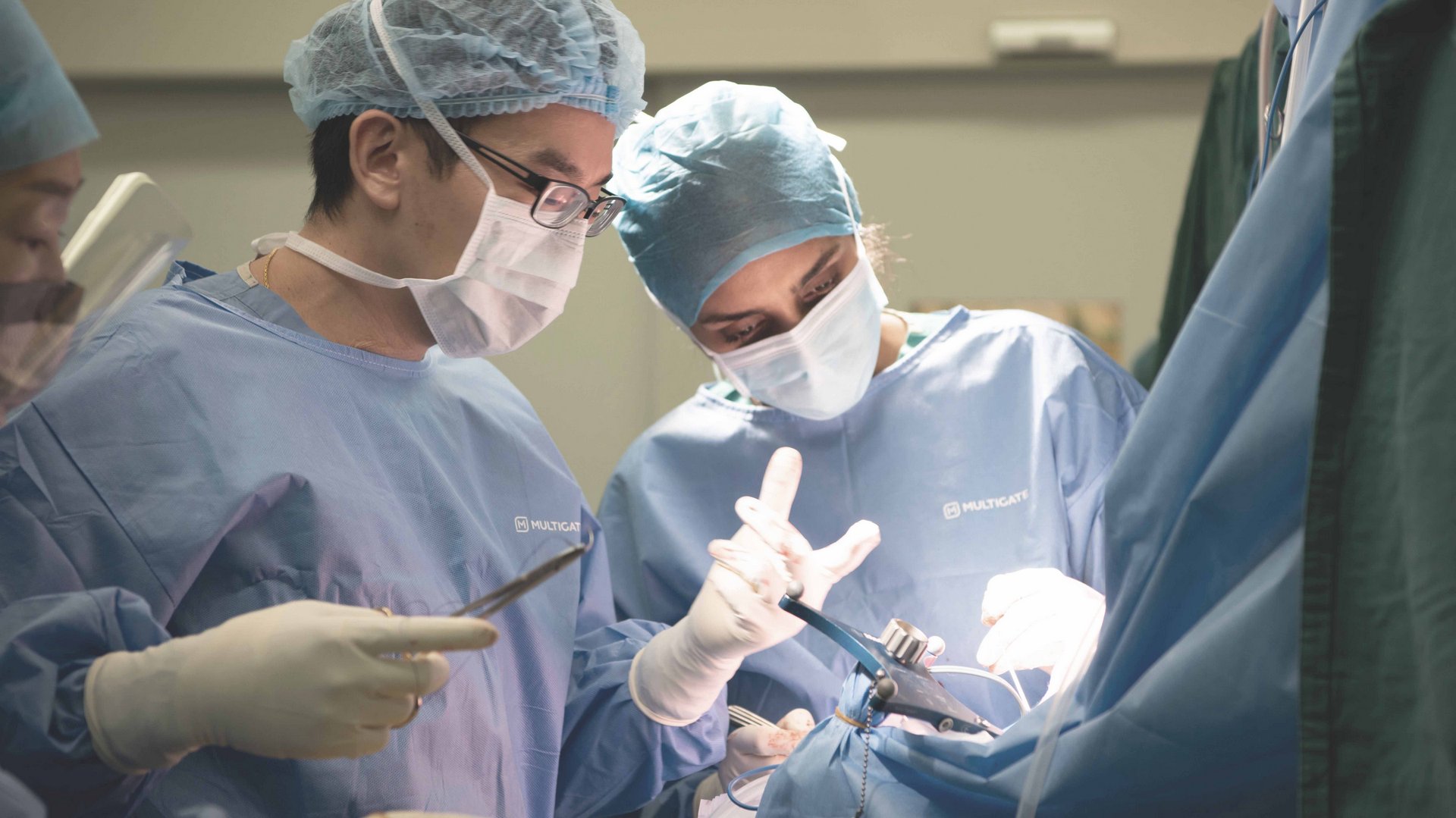
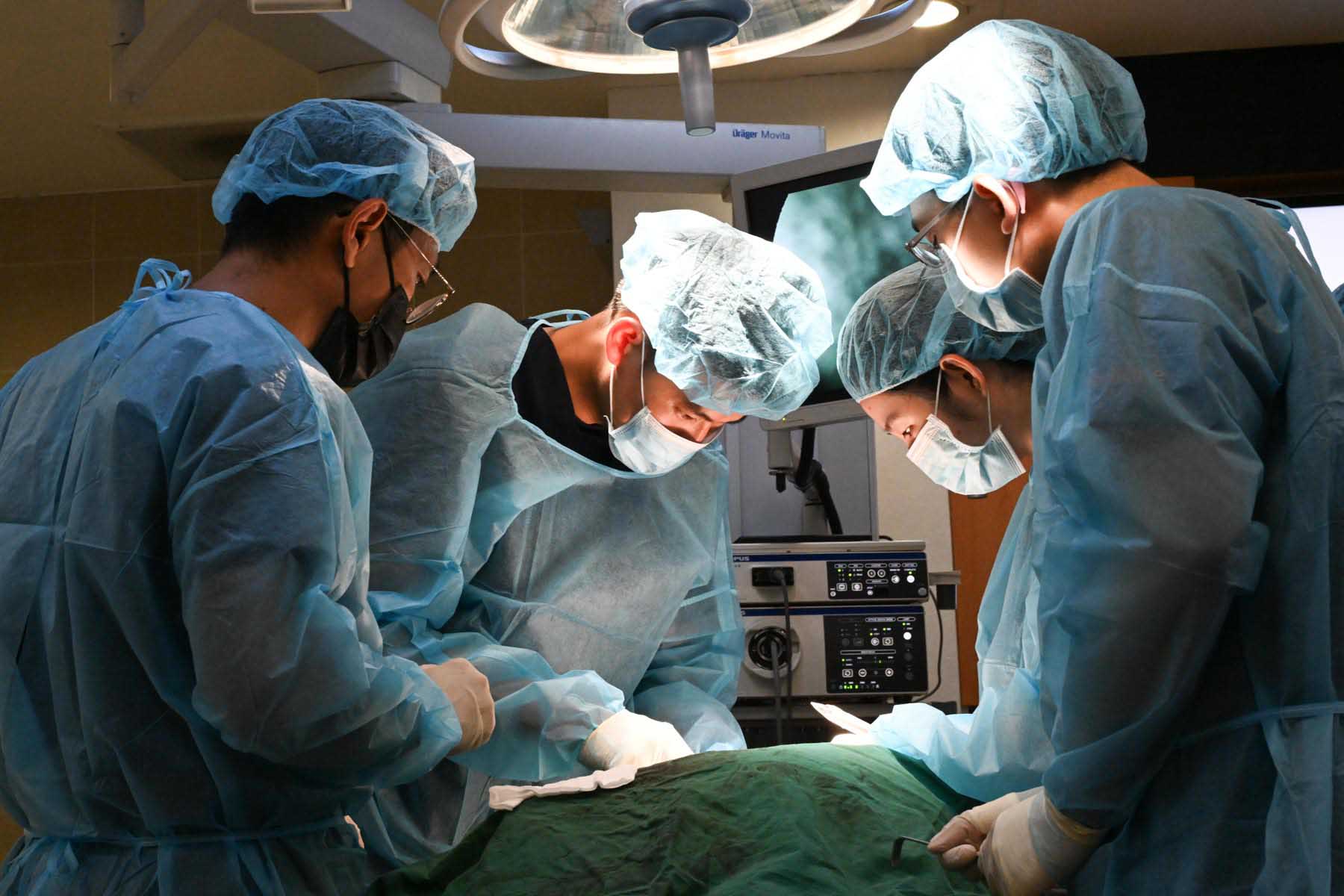
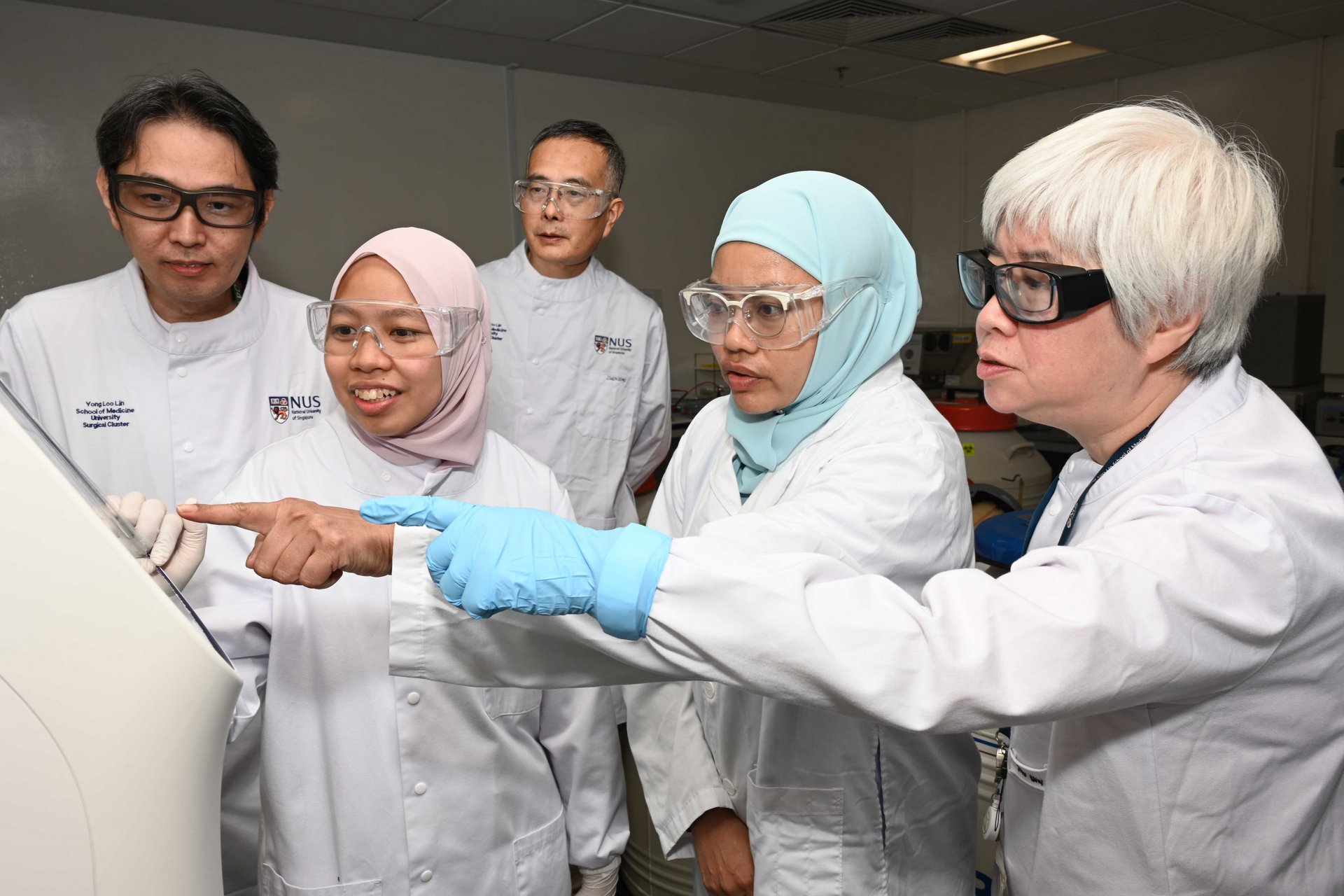
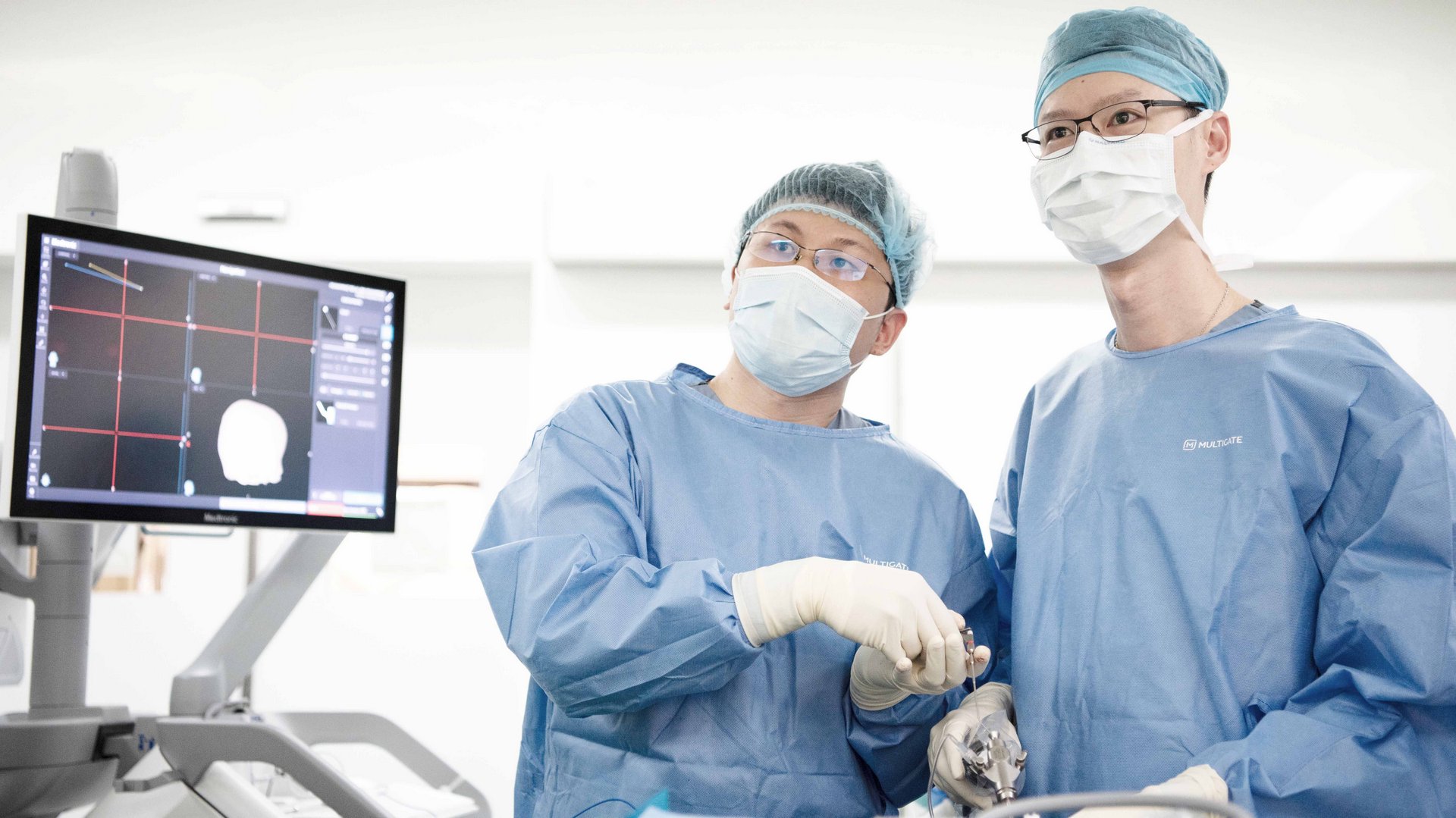
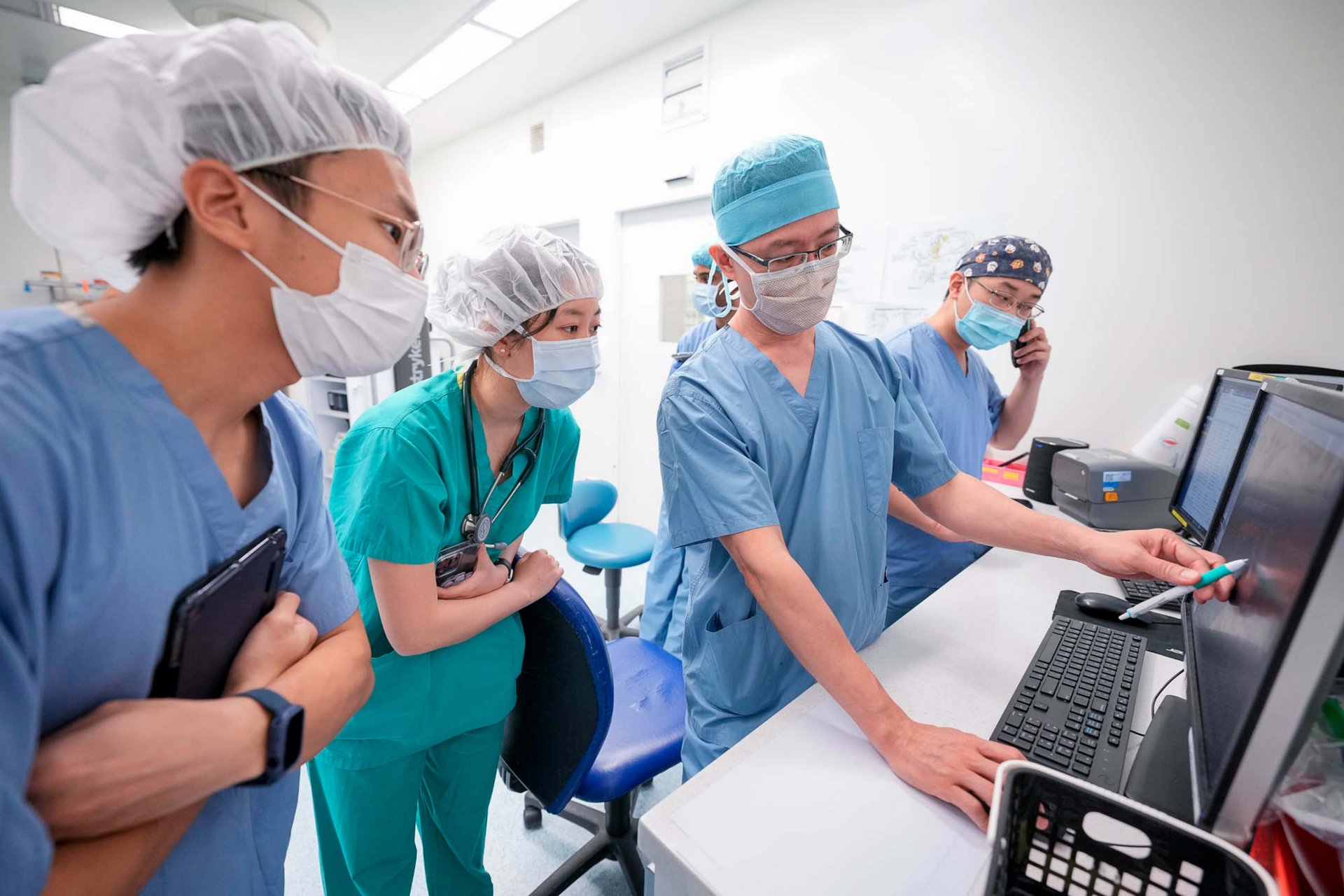
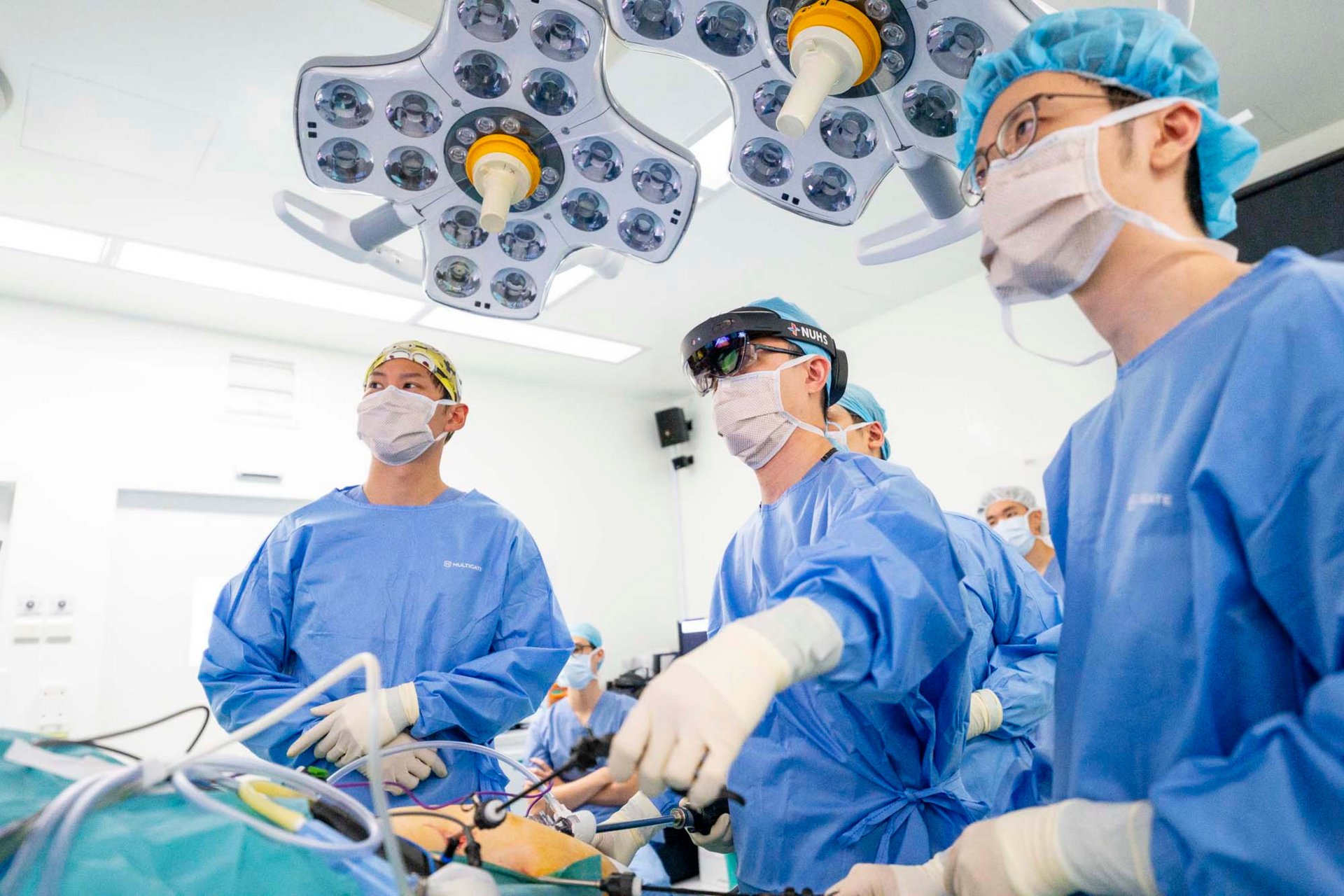
Research labs are crucibles of innovation, where scientific inquiry converges with technological advancement. These hubs of discovery serve as incubators for groundbreaking ideas across disciplines ranging from medicine to artificial intelligence. They are characterized by meticulous experimentation, collaboration among diverse experts, and cutting-edge equipment. In labs, hypotheses are tested, theories refined, and new methodologies developed, pushing the boundaries of human knowledge. The atmosphere is charged with intellectual curiosity and a relentless pursuit of answers to complex questions. Research labs not only shape the future through their discoveries but also cultivate the next generation of scientists and engineers who will continue to push the frontiers of possibility.
The Department of Surgery is pivotal within healthcare institutions, specializing in diagnosing and treating surgical conditions through invasive procedures. It encompasses various surgical disciplines such as general surgery, orthopedics, neurosurgery, and more, each focusing on specific organ systems or body parts. Surgeons are highly trained professionals who perform operations to repair injuries, remove diseased tissues, or restore bodily functions. The department also plays a crucial role in medical education and research, advancing surgical techniques and patient care outcomes. Collaboration with other specialties ensures comprehensive care, emphasizing innovation, precision, and compassion in addressing diverse surgical needs across all patient populations.










NUS Department of Surgery has a global presence through collaborations, research partnerships, and participation in international conferences and exchanges, contributing to advancements in surgical practices worldwide.
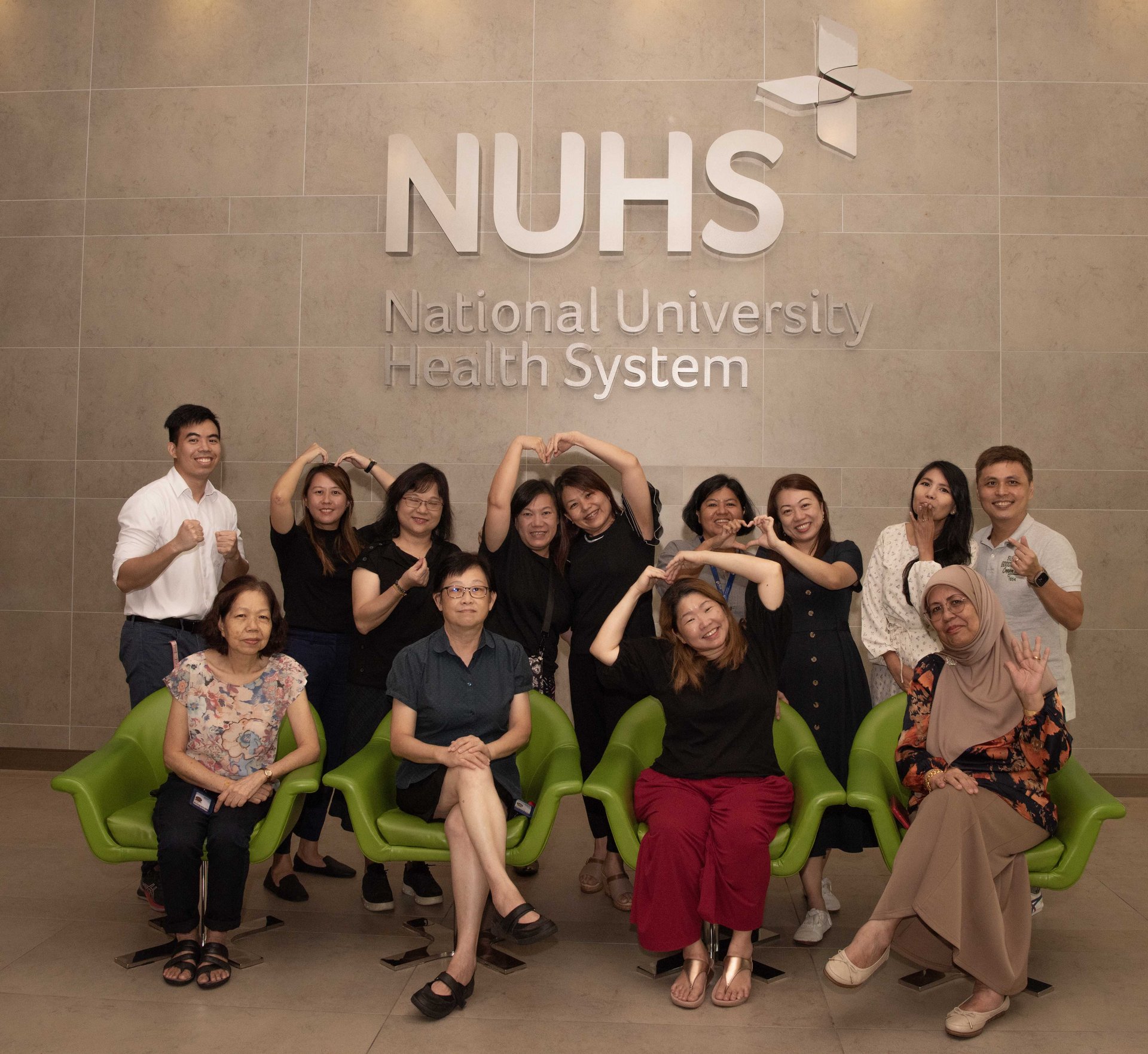
The administrative department in a surgery setting plays a crucial role in ensuring the smooth operation of the entire facility. It serves as the backbone that supports faculty staff and enables efficient patient care. The education administrative team support our students in the course of their studies by recruiting patients for their exams, supporting their lectures, workshops, through online and offline learning. The finance and administration team manages the department's financial resources and overseeing administrative tasks. This includes budgeting, accounting, financial reporting, procurement and ensuring compliance with financial regulations. Their meticulous organization and attention to detail are essential for maintaining high standards of care and operational efficiency in the surgical department.
For inquiries, please contact us. We're here to assist you.

